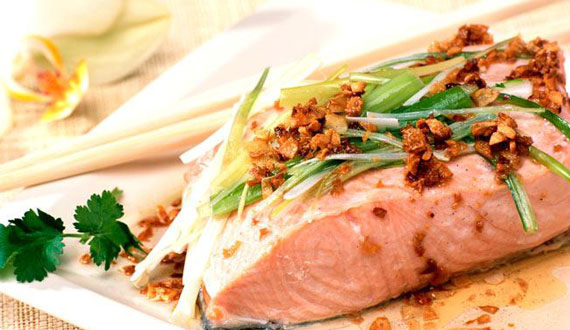Traditional Mediterranean meals feature foods grown all around the Mediterranean Sea, and enjoyed along with lifestyle factors typical of this region. Easily adaptable to today’s kitchens and busy lives, they include.
― Grains
The majority of grains should be whole grains, such as wheat, oats, rice, rye, barley, and corn. These grains are best consumed in whole, minimally-processed forms, because refining and processing can remove many valuable nutrients, including vitamins, minerals, and fiber.
Grains and grain products common to the traditional Mediterranean Diet include: barley, buckwheat, bulgur, farro, millet, oats, polenta, rice, wheatberries, breads, couscous, and pastas.


― Vegetables
Vegetables are an important staple of eating patterns of peoples in all the countries bordering the Mediterranean Sea, providing valuable nutrients and satiety. These benefits are amplified because the vegetables are normally cooked or drizzled with olive oil. Raw vegetables are also a healthy vegetable option.
Vegetables common to the traditional Mediterranean Diet include: artichokes, arugula, beets, broccoli, Brussels sprouts, cabbage, carrots, celery, celeriac, chicory, collard greens, cucumbers, dandelion greens, eggplant, fennel, kale, leeks, lemons, lettuce, mache, mushrooms, mustard greens, nettles, okra, onions (red, sweet, white), peas, peppers, potatoes, pumpkin, purslane, radishes, rutabaga, scallions, shallots, spinach, sweet potatoes, turnips, zucchini.
― Fruits
Whole fresh fruit is ever-present in the Mediterranean. No-sugar-added fruit juices provide only some of the same nutrition benefits as whole fruit, and attention to portion control and total calories is wise. Fruit “drinks” do not have the benefits of fruit juice.
Fruits common to the traditional Mediterranean Diet include: apples, apricots, avocados, cherries, clementines, dates, figs, grapefruits, grapes, melons, nectarines, olives, oranges, peaches, pears, pomegranates, strawberries, tangerines, tomatoes.

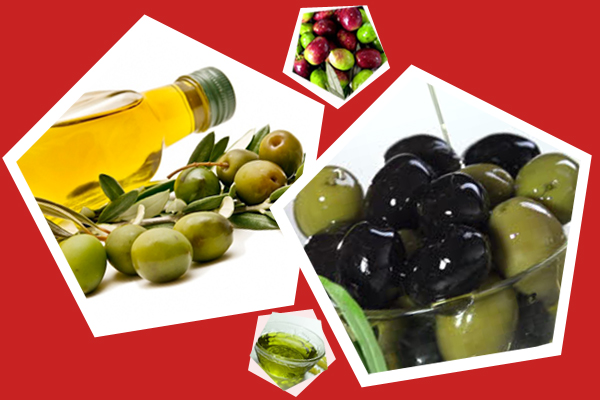
― Olives & Olive Oil
Olives and olive oil are central to the Mediterranean diet. Olives are universally eaten whole, and widely used for cooking and flavoring in the countries that border the Mediterranean Sea. Olive oil is the principal source of dietary fat used for cooking, baking, and for dressing salads and vegetables. Extra virgin olive oil is highest in health-promoting fats, phytonutrients and other important micro-nutrients.
― Nuts, Beans, Legumes & Seeds
Nuts, beans, legumes and seeds are good sources of healthy fats, protein, and fiber. They add flavor and texture to Mediterranean dishes.
Nuts, seeds, and legumes common to the traditional Mediterranean Diet include: almonds, cannellini beans, chickpeas, cashews, fava beans, green beans, hazelnuts, kidney beans, lentils, pine nuts, pistachios, sesame seeds, split peas, tahini sauce, walnuts.
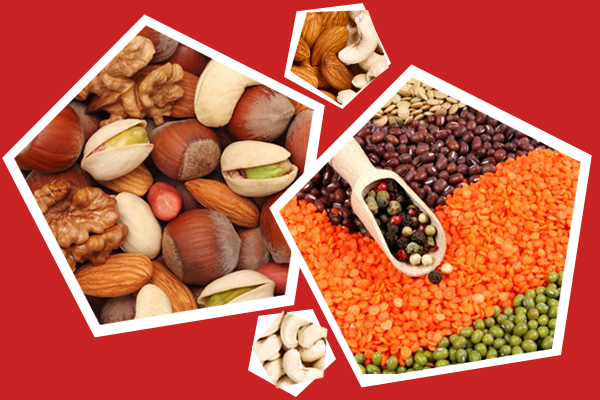
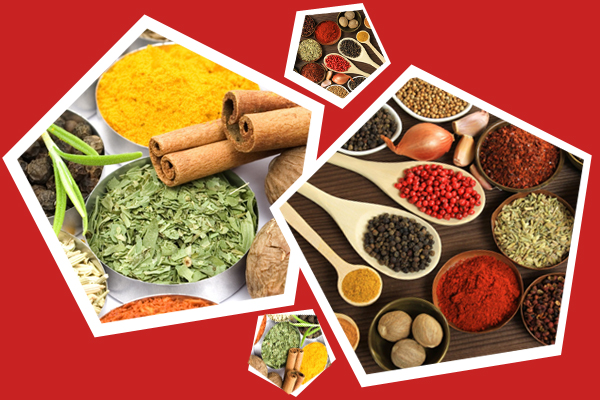
― Herbs & Spices
Herbs and spices add flavors and aromas to foods, reducing the need to add salt or fat when cooking. They are also rich in a broad range of health-promoting antioxidants, and are used liberally in Mediterranean cuisines. Herbs and spices also contribute to the national identities of the various Mediterranean cuisines.
Herbs and spices common to the traditional Mediterranean Diet include: anise, basil, bay leaf, chiles, cloves, cumin, fennel, garlic, lavender, marjoram, mint, oregano, parsley, pepper, pul biber, rosemary, sage, savory, sumac, tarragon, thyme, zatar.
― Cheese & Yogurt
Cheese and yogurt are eaten regularly in the traditional Mediterranean diet, but in low to moderate amounts. The calcium in cheese and yogurt is important for bone and heart health. Low fat and nonfat dairy products ease concerns of adverse consequences of somewhat higher consumption of dairy products.
Dairy products common to the traditional Mediterranean Diet include: brie, chevre, corvo, feta, haloumi, manchego, Parmigiano-Reggiano, pecorino, ricotta, yogurt (including Greek yogurt).
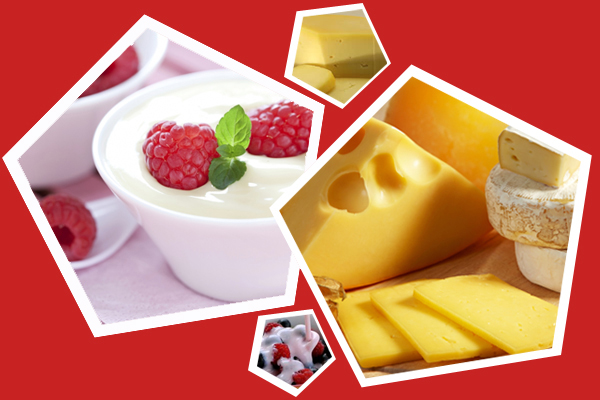

― Fish & Shellfish
Fish and shellfish are important sources of healthy protein for Mediterranean populations. Fish such as tuna, herring, sardines, salmon and bream are rich in essential heart-healthy omega-3 fatty acids, and shellfish and crustaceans including mussels, clams and shrimp have similar benefits. Fish and shellfish are not typically battered and fried in Mediterranean countries.
Seafood common to the traditional Mediterranean Diet includes: abalone, clams, cockles, crab, eel, flounder, lobster mackerel, mussels, octopus, oysters, salmon, sardines, sea bass, shrimp, squid, tilapia, tuna, whelk, yellowtail.
― Eggs

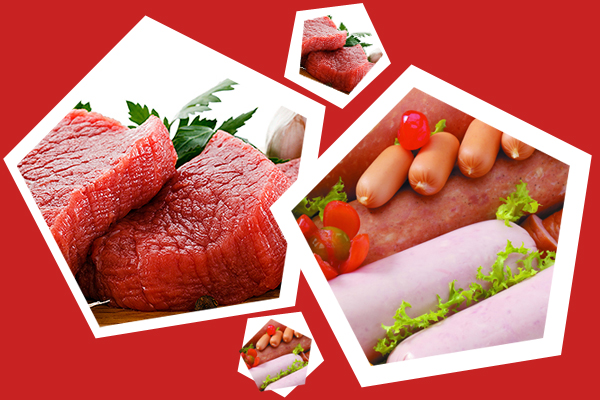
― Meats
Meats are eaten in small portions by Mediterranean peoples, who prefer lean cuts. Poultry is a good source of lean protein without the high levels of saturated fat found in some cuts of red meat. With ground meats, 90 percent lean/10 percent fat is a sound choice.
Poultry and red meat common to the traditional Mediterranean Diet include: beef, chicken, duck, goat, guinea fowl, lamb, mutton, pork.
― Wine
Wine is consumed regularly but moderately in the Mediterranean, unless discouraged by religious beliefs. “Moderately” means up to one five-ounce glass of wine per day for women and up to two five-ounce glasses for men. Individuals should only drink wine if they are medically able to do so, and should ask their doctors for more information.


― Water
Water is essential for life, and proper hydration during each day makes a positive contribution to health, well being and energy levels. Individual variations in body sizes, metabolic rates and activity levels mean that some people should drink more water every day than others.
― Portion Size
Because foods in the bottom section of the pyramid may be eaten in larger amounts and more frequently, portion sizes and frequency of consumption decline in the pyramid’s upper sections.
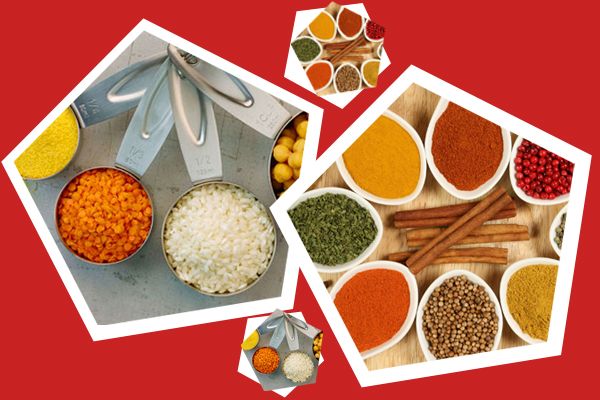
Online Order
Forget about the pain of cooking and washing up! Try a variety of your favorite dishes at home or at work. With a few simple clicks..
